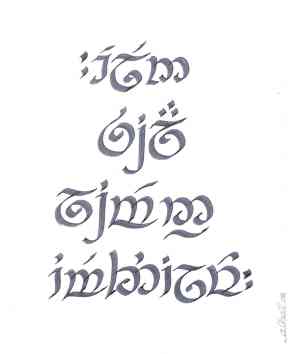So this post is argumentative in some
aspects, but is not meant in the spirit of contention, but in
learning through debate, and seeing both sides of a discussion. I
actually agree with and appreciate the ideas that Dr. Burton shared
in
his post, but it got me thinking about the institution of the
syllabus and what it means here in college and this is what I have
thought about. I would like to address some of the assumptions about
students that I feel like underlie the post. I can only speak for
myself, and what kind of learner I am, but if you step back and
really study the students of today I hope this would apply to others
as well. So I will try to stay in first person so you can remember
that this is really just my own account. I am going to "
offer [my] experience as [my] truth". I agree with what has been
said, but I want to add on a student's perspective.





